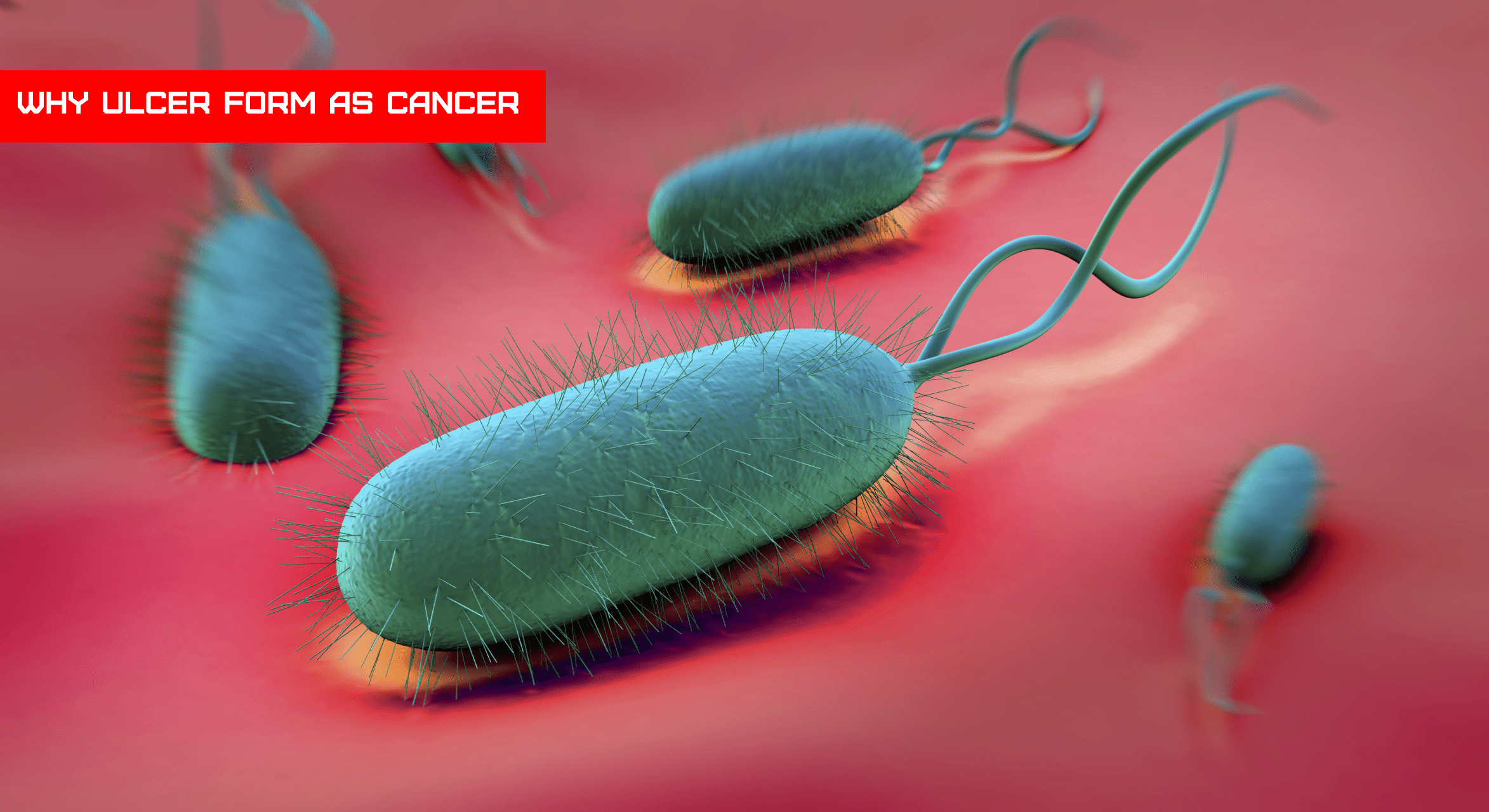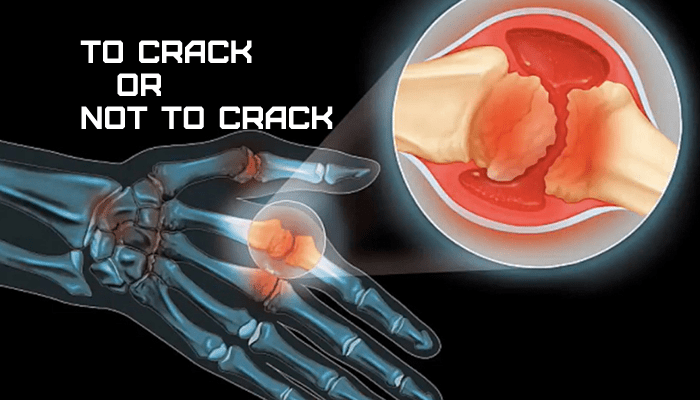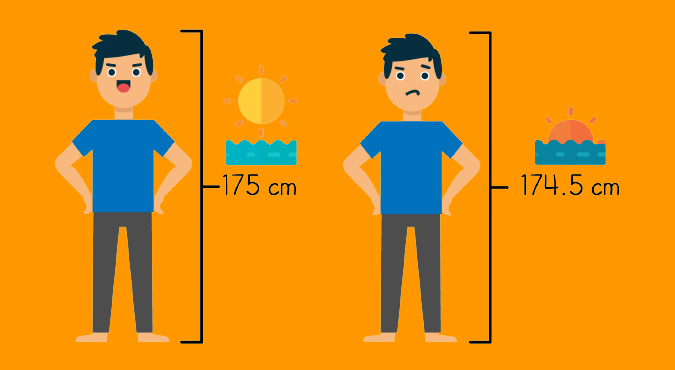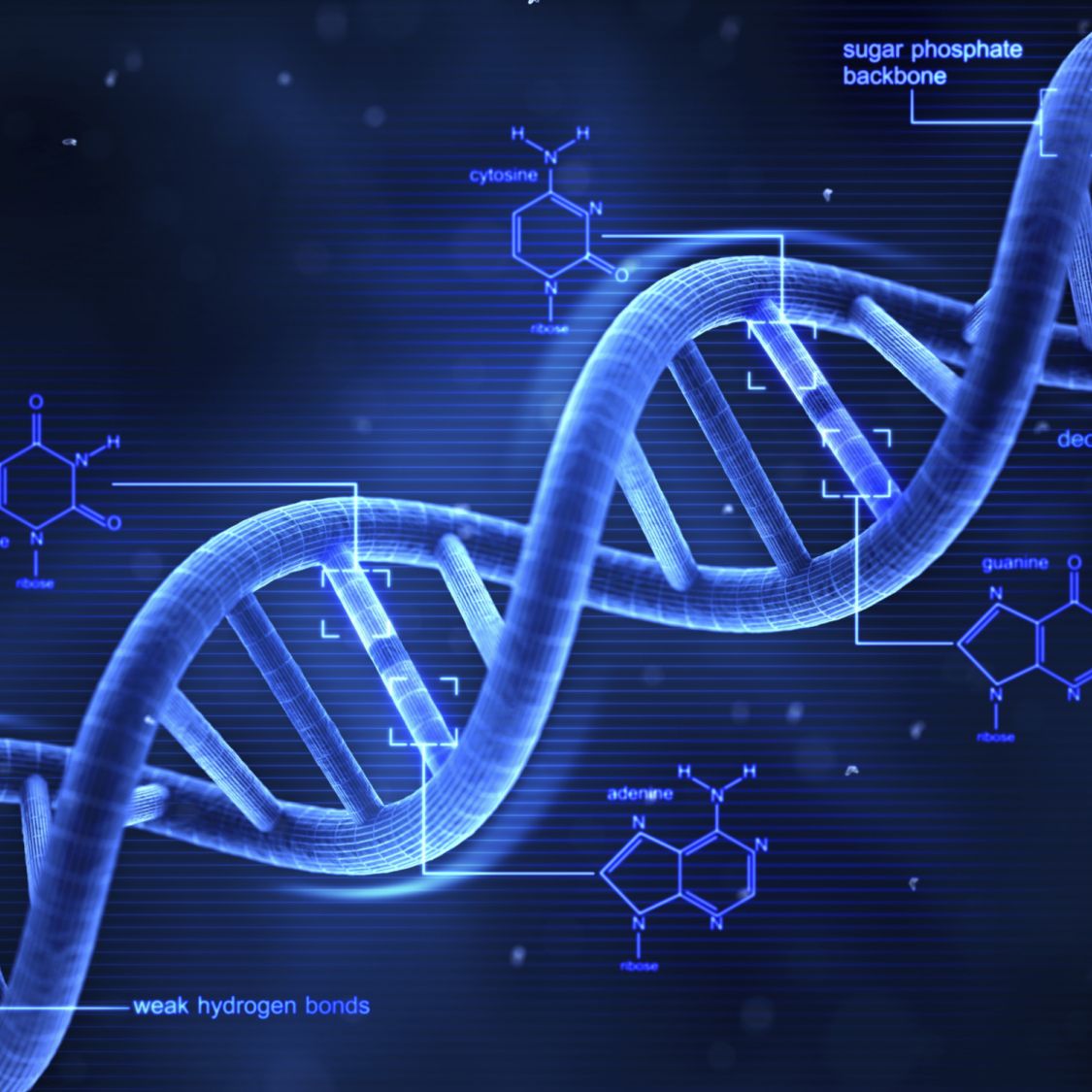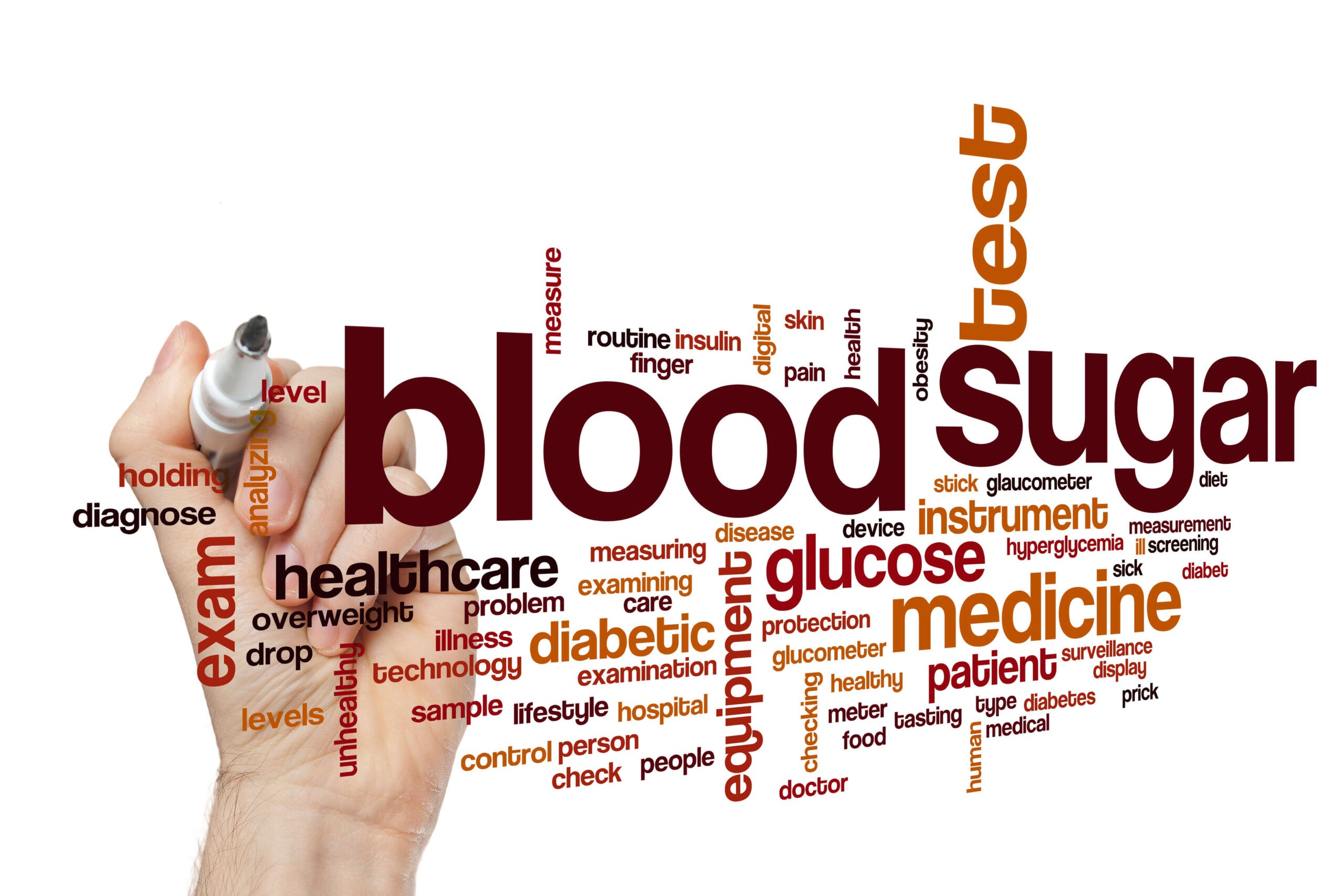According to new research, women who have irregular menstrual periods may be at an increased risk of getting nonalcoholic fatty liver disease (NAFLD), a disease causes fat to build up in the liver.
About NAFLD
- Fat accumulates in the liver as a result of nonalcoholic fatty liver disease (NAFLD).
- A new study has revealed a link between irregular or extended periods and an increased risk of NAFLD.
- In the study, those who had irregular periods were also younger, had high blood pressure, diabetes, obesity, insulin resistance, and had high cholesterol and triglycerides.
According to new research, women who have irregular menstrual periods may be at a higher risk of having nonalcoholic fatty liver disease (NAFLD), a disease causes fat to build up in the liver.
The study, which was published in the Endocrine Society’s Journal of Clinical Endocrinology and Metabolism, is the first to reveal a relationship between long or irregular periods and an elevated risk of NAFLD in young premenopausal women.
Although the exact cause of irregular periods and NAFLD is unclear, scientists suspect oestrogen exposure and hepatic iron buildup may play a role.
Researchers recommend that women who have irregular periods consider making lifestyle adjustments to lower their risk of NAFLD.
Irregular menstruation are linked to an increased risk of NAFLD.
The research included 72,092 women under the age of 40. Twenty-eight percent of respondents reported irregular menstrual periods, and seven percent had been identified with NAFLD previously.
The irregular period group was also linked to being younger, having high blood pressure, diabetes, obesity, insulin resistance, and having high cholesterol and triglycerides.
After four years, the researchers followed up with the subjects and discovered that 9 percent of them had developed new instances of NAFLD.
Researchers say Insulin, Obesity and other factors, like polycystic ovarian syndrome (PCOS), do not appear to explain the higher risk of NAFLD.
In other circumstances, monthly irregularity may be caused by health concerns such as stress and disordered eating, which may increase the risk of NAFLD.
According to the study, there is presently no proof that changing specific characteristics — such as smoking, obesity, and alcohol consumption — may reduce the risk, but experts believe that those who have irregular periods may benefit from lifestyle modifications.
The findings show that identifying irregular menstrual may help to identify premenopausal women at risk of NAFLD, according to the researchers.

What’s the connection between menstruation and liver disease?
The mechanisms underlying the association between irregular periods and NAFLD are unknown at this time.
Previous research has found a link between irregular or extended menstrual cycles and type 2 diabetes and cardiovascular risk.
Long or irregular menstrual cycles have also been linked to metabolic or endocrine diseases.
PCOS, a disorder that produces abnormal hormonal changes, is frequently but not always the cause of irregular cycles.
“However, it is recognised that PCOS can preclude hepatic damage — in part due to insulin resistance and hyperandrogenism as risk factors for liver damage,” Gaither explained.
Normal androgen levels aid in the balance of fat and lean mass, but hyperandrogenism may result in fat buildup.
Exposure to oestrogen, according to the study, may contribute to the linked risk.
“While the research is still in its early stages,” said Dr. Bubu Banini, a Yale Medicine hepatologist, “studies have shown that oestrogen restricts inflammation and enhances a number of metabolic processes shown to be dysregulated in NAFLD, such as mitochondrial pathways, insulin signalling, and oxidative stress.”
According to 2021 researchTrusted Source, oestrogen may thereby decrease the progression of chronic liver illnesses such as NAFLD.
NAFLD has been connected to low oestrogen levels and anti-estrogen medicines, and 2020 study suggests that oestrogen replacement therapy can reduce the risk of NAFLD.
The report also suggests that hepatic iron accumulation, which can arise as a result of irregular periods, may influence the risk of NAFLD.
The importance of lifestyle factors associated with irregular menstruation, such as disordered diet and stress, should also be evaluated, according to Banini. “These potential pathways should be studied further in pre-clinical and population investigations,” Banini stated.
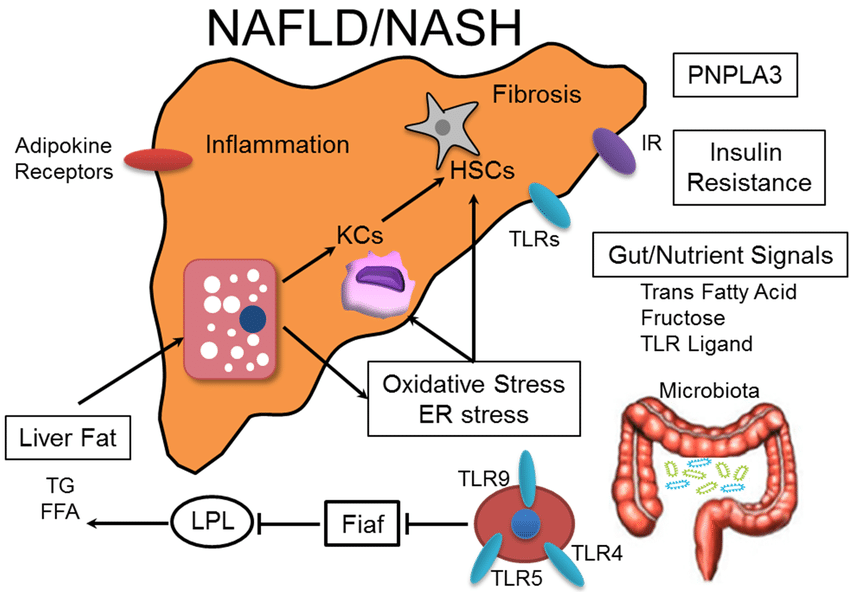
What can you do if your menstrual cycle is irregular?
Menstrual periods that are inconsistent are considered irregular. Your period may be late, or the time between them may vary.
“I believe an useful takeaway from this study is that women who have irregular menstrual cycles need to see a reproductive endocrinologist and to have their liver functioning and hormone levels examined,” Gaither said.
Changes in lifestyle, such as increasing eating a nutritious diet, physical activity, and limiting alcohol consumption, may assist some persons with irregular periods minimise their risk of NAFLD.
Banini stated that she would recommend all women to take these precautions to reduce their risk of metabolic disease.
Changes in carbohydrate sources, according to Bess Berger, a registered dietitian who treats PCOS and owner of Nutrition by Bess, can help reduce the risk of NAFLD.
This is not to say that people should avoid carbs entirely. Rather, individuals can avoid processed carbohydrates, which are more difficult for the body to digest.
“This gives our bodies a much-needed reprieve from trudging through processed carbs and provides refreshing, nutrient-dense, high-quality options,” Berger explained.

At End
Irregular menstruation has previously been linked to type 2 diabetes and heart disease. The cause of irregular menstruation and NAFLD is unknown, although researchers believe it has something to do with oestrogen exposure and hepatic iron buildup.
Certain dietary and lifestyle adjustments may help reduce the risk of NAFLD and other metabolic illnesses.
